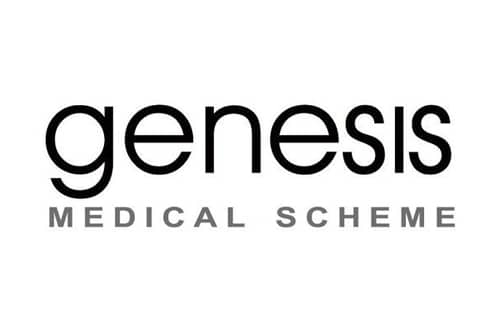Does your medical aid plan provide the Prescribed Minimum Benefit of 21 days funded inpatient addiction treatment and preauthorisation?
Medical Aid Cover For Inpatient Addiction Treatment

If you are searching for Genesis medical aid addiction treatment, your plan entitles you to in-patient rehab at accredited centres such as Changes Addiction Rehab in Johannesburg. Addiction is covered as a Prescribed Minimum Benefit (PMB), which guarantees a minimum of 21 days of funded treatment each year. This guide shows you how Genesis applies cover, what is included, and how to complete the pre-authorisation process.
This guide explains how Genesis medical aid pays for addiction rehab, what the 21-day rule means, and how to secure pre-authorisation for admission. It also clarifies what your plan covers for in-patient rehab, out-patient therapy, and aftercare. Use it as the only guide you need when considering treatment at Changes Addiction Rehab.
PMB’s and Genesis’s Obligation
Genesis, like every registered medical aid scheme in South Africa, must provide cover for PMBs. Substance Use Disorder (ICD-10 codes F10–F19) is included.
Key PMB cover rules:
- 21 days in-patient care per year for detox and rehabilitation
- Cover when treatment is medically necessary and supervised
- Paid from risk funds, not your day-to-day savings
This ensures all Genesis members, regardless of plan option, are guaranteed a minimum standard of addiction treatment.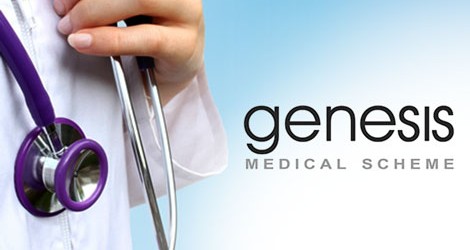
Genesis carries a proud legacy in the healthcare provider landscape within South Africa. Over the years, Genesis has introduced flexible plans to cater to its members’ diverse needs and budgets, making healthcare accessible. The scheme prides itself on maintaining high standards of customer service while catering to the vast audience of South Africa.
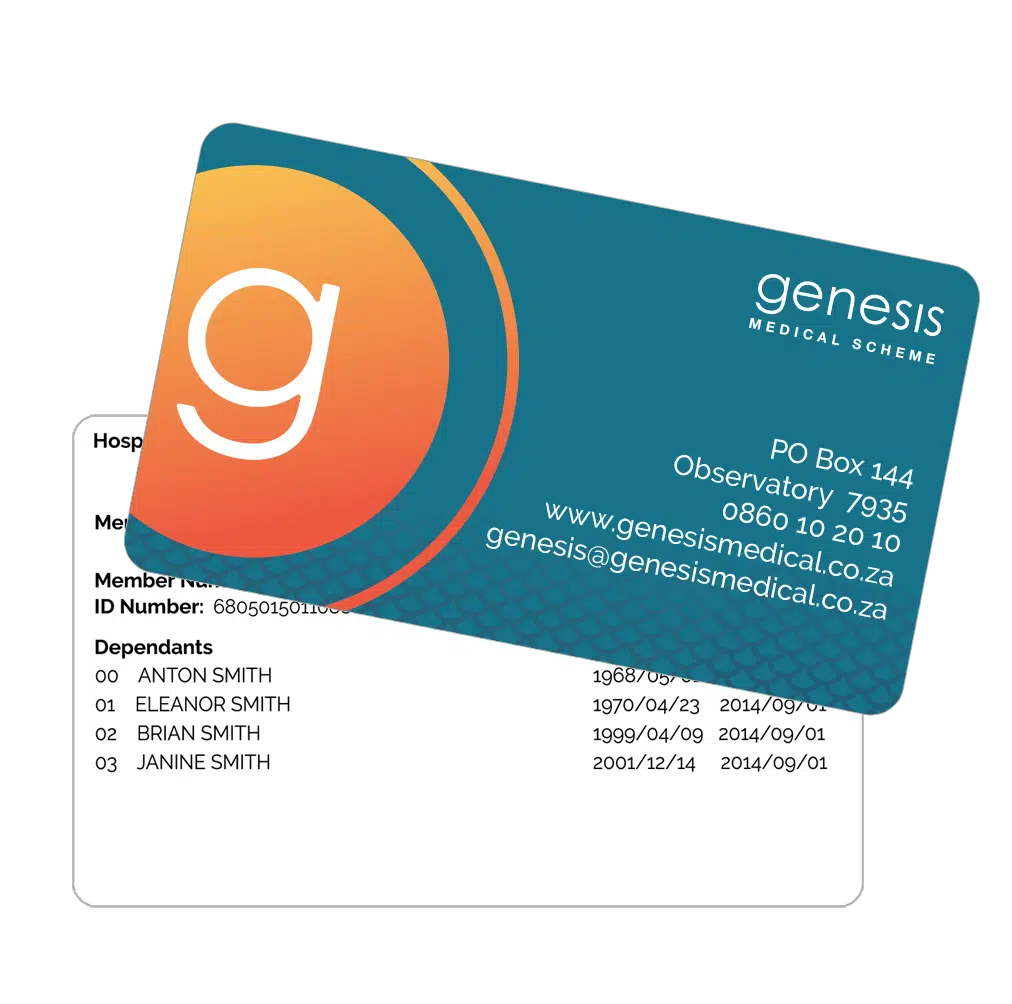
Substance Abuse Treatment Coverage
Genesis Medical Aid has set aside specific provisions for substance abuse treatment. Understanding these benefits helps members manage their expectations.
Inpatient Rehab Treatment
Inpatient rehab treatment is covered for up to 21 days, including a 3-day medically supervised detoxification. Inpatient treatment is where individuals receive the most intensive care for their substance use disorders.
At Changes Addiction Rehab, our multidisciplinary team works with our clients to create tailored programs to suit their needs to ensure long-term recovery.
Detoxification
The detoxification process is a critical part and the first step of the inpatient treatment program. Detoxes manage withdrawal symptoms, reduce the risk of complications and increase the likelihood of long-term sustainable recovery.
Individual Counselling
Individual counselling is a cornerstone in mental health treatment centres. Members of Genesis Medical Aid can claim individual counselling sessions during their stay in residential inpatient drug and alcohol rehab.
Individuals will learn to identify their triggers and combat maladaptive addictive behaviours through intensive individual therapy during their inpatient rehab treatment stay.
At Changes Addiction Rehab, we employ different therapeutic modalities, including:
- Cognitive Behavioral Therapy (CBT)
- Dialectical Behavioural Therapy (DBT)
- BrainWorking Recursive Therapy (BWRT)
- Motivational Enhancement Therapy
- Family Therapy
- Occupational Therapy
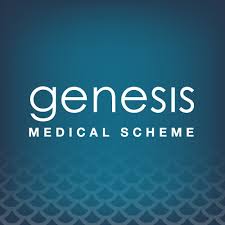
Pre-Authorisation For Substance Abuse Treatment
The pre-authorisation process for Genesis Medical Aid is simple; however, members must ensure that the correct information is handed over to the scheme to avoid delay.
Pre-Authorisation For Genesis Medical Aid
Before being admitted into an inpatient rehab facility, a pre-authorisation process must be followed to be approved for treatment coverage from Genesis Medical Aid. This step ensures the treatment aligns with the scheme’s terms and conditions and covers the prescribed minimum benefits.
With your permission, our admissions team at Changes Addiction Rehab will do the pre-authorisation procedure on your behalf. We will phone Genesis and provide them with your ICD-10 codes, our facility’s practice numbers and any additional relevant information.
We prioritise the well-being of our patients and want your admission into our facility to be as efficient and stress-free as possible.
How Genesis Medical Aid Covers Rehab
Genesis is a self-funded medical aid scheme with transparent benefit rules. Here’s how cover works:
1. In-Patient Addiction Treatment
- Genesis pays a set scheme rate for in-patient rehab, including accommodation, meals, detox, and therapy
- PMBs guarantee 21 days of funded treatment per calendar year
- Additional days depend on your plan limits and authorisation
2. Out-Patient and Aftercare
- Follow-up therapy with addiction psychologists and psychiatrists can usually be paid from your day-to-day benefits or savings
- These sessions are vital for relapse prevention and sustained recovery
- Confirm your plan’s annual limits to maximise cover
Why Pre-Authorisation is Essential
Genesis medical aid addiction treatment requires pre-authorisation for addiction rehab admissions. Without it, claims are declined.
The 4-step process at Changes Rehab:
- Contact admissions. Our team knows exactly how to work with Genesis.
- Clinical assessment. We confirm diagnosis and required level of care.
- Submission. We send a treatment plan with ICD-10 codes (F10–F19) to Genesis Managed Care.
- Authorisation number. Genesis approves the admission and issues a number that guarantees funding for the approved stay.
Important: Always use the clinical term Substance Use Disorder. This ensures claims are treated as medical, not lifestyle, cases.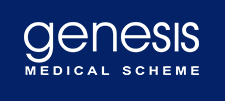
What Genesis Funds at Changes Rehab
With pre-authorisation, Genesis medical aid typically funds addiction treatment:
- Medically supervised detox
- In-patient rehab with counselling, groups, and medical oversight
- Relapse prevention and coping skills training
- Family therapy where benefits apply
- Discharge planning and structured aftercare
At Changes Rehab we:
- Bill Genesis directly for approved benefits
- Align all treatment to recognised medical aid codes
- Advise you in advance about any possible co-payments

Maximising Your Genesis Benefits
Addiction treatment often requires more than 21 days. Here’s how to get the most from your medical aid:
- Use out-patient mental health benefits for follow-up therapy
- Check gap payments. If the facility charges more than the scheme rate, we tell you upfront
- Explore secondary or extended care where clinically justified. Our team negotiates with Genesis for additional approval
Why Genesis Medical Aid Addiction Treatment at Changes Rehab
- Accredited by Department of Health, fully compliant with PMBs
- Experienced in Genesis claims, with proven authorisation success
- Comprehensive treatment, including detox, therapy, relapse prevention, and aftercare
- Family support services, guiding loved ones through the process
- Direct liaison with Genesis, so you focus on recovery while we handle admin
Does Genesis cover substance abuse treatment?
Yes. SUD is a PMB condition. Genesis funds at least 21 days of in-patient treatment each year.
Do I need pre-authorisation?
Yes. Without it, claims are declined. Our team secures approval before admission.
Which Genesis plans cover rehab?
All options cover PMBs. Specific limits vary by plan type.
Will I face a co-payment?
Sometimes. Genesis pays scheme rates. If facility rates exceed this, a gap may apply.
Does Genesis cover aftercare therapy?
Yes. Out-patient psychology or psychiatry sessions are usually funded from savings or day-to-day benefits.
What codes are used for addiction claims?
ICD-10 codes F10 to F19 for Substance Use Disorders are submitted in treatment motivations.
Does Genesis cover addiction rehabilitation and detox?
Yes, but only under Prescribed Minimum Benefits (PMBs). Genesis excludes rehabilitation services in its standard benefits, except where required by PMB law. Genesis Medical
How many days of rehab does Genesis cover under PMBs?
Typically up to 21 days of inpatient rehabilitation + detoxification may be covered under PMB entitlements (per scheme and plan limits).
Are outpatient counselling or therapy services covered?
No. Genesis excludes rehabilitation and related outpatient services from its non-PMB benefits. Only PMB entitlements apply. Genesis Medical
Is pre-authorisation required?
Yes. For any claims under PMB entitlement, you must follow the scheme’s authorization process, supply ICD-10 codes, and obtain approval before admission.







